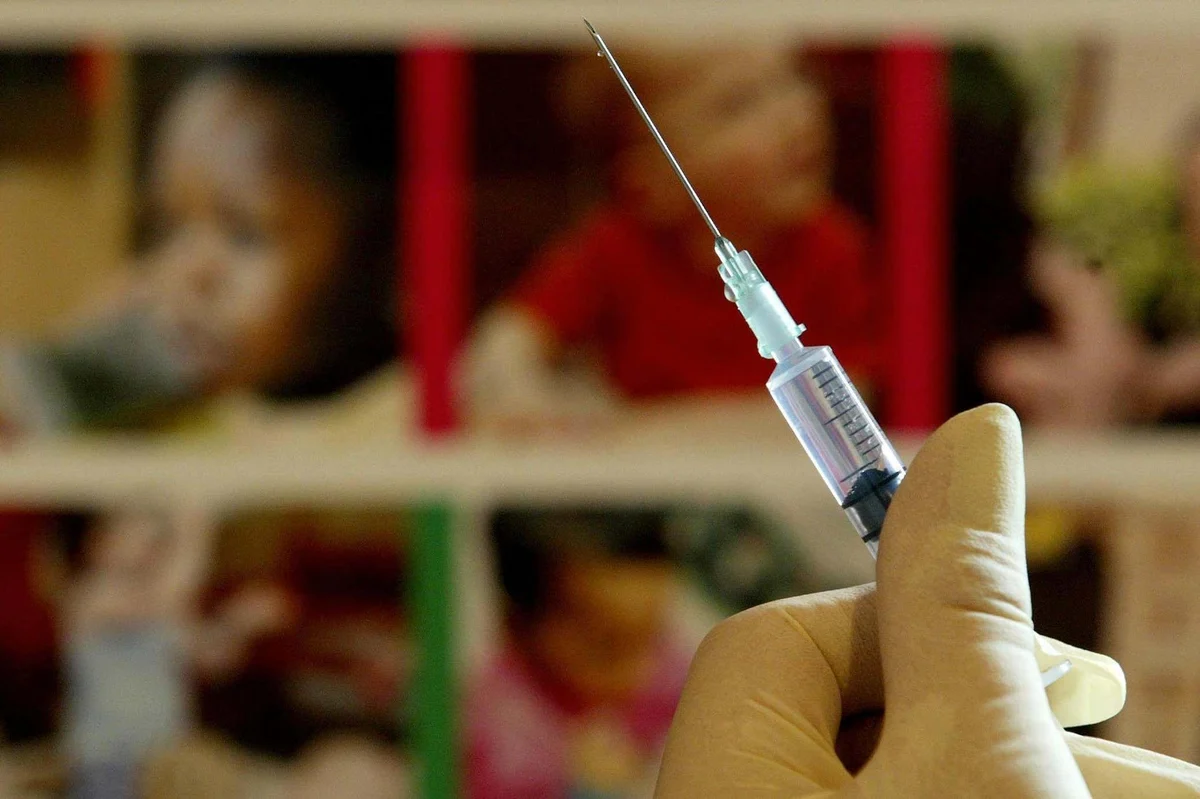Copyright standard

A north London council has won a High Court battle to vaccinate a baby against her mother’s wishes. Islington Council faced a legal challenge by one of its residents after it arranged for her eight-month-old daughter to receive routine vaccinations while the child was in its care. The mother, known only as Ms S, had refused the vaccinations out of her deeply-held belief that there is a link between the jabs and autism, a claim not supported by science. The baby girl, known only as P, has been under the council’s guardianship since February due to concerns that her mother could not meet her or her older siblings’ basic care needs. When engaging with health professionals and social workers, the mother had been “sporadic and inconsistent”. Test results filed in March showed Ms S was also taking illicit substances and drinking frequently and heavily. In July, the council proposed the infant girl stay with her mother at their family home while under its supervision until it was decided whether or not she would permanently be taken out of her mother’s care. During this time the mother refused to have her daughter vaccinated. After the council moved ahead with the appointment out of concern for the child’s welfare, Ms S took the local authority to the High Court to try to stop it. The mother told the court she was convinced of the links between vaccines and autism or ADHD, and believed ethnic minority children were adversely affected by the jabs. She also said she had seen proof online that 4,500 children had died from preventable diseases and deemed this a low risk when compared to the country’s large child population. The judge, Mr Justice McDonald, “gently pressed” the mother that there were no scientific studies proving the connection between autism and vaccinations. But Ms S maintained that it was still her right to decline, arguing that her daughter was “too tiny to be pumped with vaccinations with all those chemicals”. She added that she might consider letting her child receive the jabs if she were older. When the judge suggested her unvaccinated daughter might be at a higher risk of death herself, the mother told the judge that nobody knew what would happen in the future. Mr Justice McDonald decided that not vaccinating the infant girl would leave her at risk of childhood disease “at a very young age when she remains vulnerable,” and ruled in favour of the local authority. The judge noted he had seen no evidence to suggest this was not in the child’s best interest. The Children Act 1989 gives local authorities the power to arrange for children in care to be vaccinated despite their parents’ objections. While not legally mandatory, the NHS strongly urges parents to follow its routine schedule of vaccinations for babies under one year of age, starting at eight weeks, to protect them against diseases like measles, tetanus, diphtheria and whooping cough.



